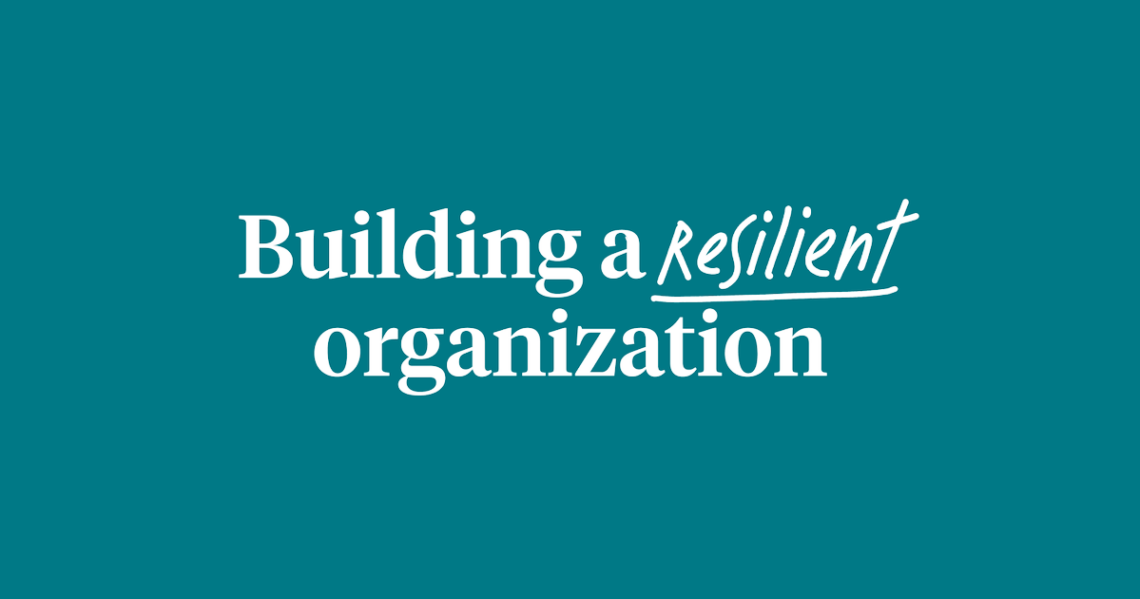In today’s world, where natural disasters, terrorist threats, and cyberattacks are becoming increasingly common, business leaders must prioritise building resilience to ensure the long-term success of their organisations.
Despite entrepreneurship being one of the main pillars of the economy, it is still extremely challenging to conduct business successfully in Nigeria. This is due to various unforeseen and unstable factors that can impact the business environment, such as low capital, infrastructural inadequacies, economic volatility, government policies, insecurity, others
Business resilience is the ability of an organisation to withstand and recover from disruptions while safeguarding its personnel, assets, and brand reputation. In the current dynamic and unpredictable business environment, it has become increasingly important for businesses to be resilient. Business Resilience Management is key to business survival in the face of rapidly changing IT, cyber threats, and regulatory environments.
Speaking, an economist, Mr Tunde Oyediran said that “today, each organisation is exposed to their own threats and vulnerabilities; to survive they need to safeguard their economy from different disruptions such as global hazards, cyber-attacks, and natural disasters.
“For instance, these sudden disruptions in organisations can cause the breakdown of a key supplier, impurity on the production line, or unsatisfied employees that instigate chaos. Therefore, enhancing organisational resilience should be an important goal of any business to control or prevent abrupt disruptions.”
Steps To Build Organisational Resilience
Leaders should take specific proactive steps to build resilience, withstand disruptions, and bounce back from adversity. Building resilience involves investing in people, fostering a resilient organisational culture, adopting the right technology, being agile, and taking proactive measures to manage risks.
Invest in people: People are the most valuable asset of any organisation. The first step in building resilience is investing in the people who make up the organisation. This means ensuring employee well-being, providing training and mentoring, and promoting mental health. A resilient organisation is one that has a workforce that is engaged, empowered, and capable of problem-solving.
Develop organisational culture: A resilient organisational culture is one that brings people together, inspires productivity, and encourages resilience. Developing an environment where employees are encouraged to learn from missteps and are recognised for their successes, and collaboration amongst all teams and seniority levels is encouraged, is a great place to start.
Lead with integrity: Resilient leaders lead with purpose and values that align with the organisation’s vision and mission. They set the tone, and should focus on promoting a culture of resilience and transparency that builds trust and camaraderie among their employees.
Embrace technology: Having the right technology at your side is a key component of building a resilient organisation.
Be agile: Building resilience requires encouraging an agile mindset, and building agile working methodologies. By definition, to be agile is the ability to create and respond to change. It is a way of dealing with, and ultimately succeeding in an uncertain and turbulent environment. This means that having processes in place for decision-making and problem-solving, being able to pivot when necessary, and adapting to new challenges, are all crucial parts of a resilient organisation.
Plan to be proactive, not reactive: Building a resilient organisation requires a proactive approach to business continuity, disaster planning, and risk management.
Building resilience is no longer optional for organisations.Leaders need to prioritise building resilience efforts to ensure the safety and well-being of their employees and maintain business operations during critical events.




